THE YEAR 1967 was a turning point in modern history, defined by seismic global conflicts, social upheaval, and artistic revolution. In the Middle East, the Six-Day War redrew the geopolitical map, while in Southeast Asia, the Vietnam War escalated to new levels of intensity. Cultural transformations swept the West with the arrival of the Summer of Love, the widespread popularity of psychedelic music, and the loosening of traditional social norms. The UK saw major legal reform, while the world watched in awe as space exploration advanced. From civil rights milestones to devastating military conflicts, 1967 remains a year of global significance.
Explore our newspaper archives to purchase your own authentic 1967 newspaper!
January
1 January: Canada celebrated its Centennial Year with the introduction of a new national motto, “A Mari usque ad Mare,” meaning “From Sea to Sea,” emphasising national unity.
3 January: Jack Ruby, the nightclub owner who shot President Kennedy’s assassin, Lee Harvey Oswald, died of a pulmonary embolism while awaiting a new trial in a Dallas hospital.
4 January: British speed record holder Donald Campbell was killed during a record attempt on Coniston Water in Cumbria when his Bluebird K7 hydroplane flipped at over 300 mph.
5 January: The first television broadcast of colour programming began in West Germany, marking a major leap forward in European media technology.
8 January: The Soviet Union and other Eastern Bloc nations signed a mutual assistance pact, reaffirming their military commitment amid tensions with the West.
12 January: Dr. James Bedford became the first human to be cryonically preserved after his death in California, with the hope of future revival.
15 January: The inaugural Super Bowl was played in Los Angeles, with the Green Bay Packers defeating the Kansas City Chiefs 35 – 10 in front of 60,000 spectators and a national TV audience.
Delve deeper into the history of the Green Bay Packers

18 January: Jeremy Thorpe became leader of the British Liberal Party following Jo Grimond’s resignation, ushering in a new era for the party.
23 January: The UK Parliament passed the Criminal Justice Act, allowing for majority verdicts (10 – 2 or 11 – 1) in jury trials, ending the requirement for unanimity.
27 January: Tragedy struck the US space program when astronauts Gus Grissom, Ed White, and Roger Chaffee were killed in a fire during a pre-launch test inside the Apollo 1 command module.
31 January: The Soviet Union, the United States, and the United Kingdom signed the Outer Space Treaty, forbidding the placement of nuclear weapons in orbit or on celestial bodies.
February
4 February: Civil rights activists staged a large march in Washington, D.C., calling for voting protections and opposing racial discrimination in housing policy.
5 February: The Smothers Brothers Comedy Hour premiered on CBS in the US, blending humour and political commentary, and eventually drawing censorship battles.
7 February: The Beatles began recording their album Sgt. Pepper’s Lonely Hearts Club Band, marking a turning point in modern music production.

Sgt. Pepper’s Lonely Hearts Club Band. Image: Wikipedia
11 February: Construction began on the Third London Airport project, later cancelled due to environmental protests and community opposition.
14 February: Aretha Franklin recorded her iconic version of “Respect” at Atlantic Studios in New York, which would later become a civil rights anthem.
15 February: Parliament voted for the nationalisation of Britain’s steel industry, transferring 14 major companies into public ownership under British Steel Corporation.
17 February: The Beatles released the double A-side single “Strawberry Fields Forever” / “Penny Lane” in the UK. These songs, steeped in nostalgia and psychedelia, marked a new artistic direction for the band and previewed the coming Sgt. Pepper era.
18 February: The discovery of pulsars was made by British astronomers Jocelyn Bell Burnell and Antony Hewish, a finding that would revolutionise astrophysics.
23 February: In Tennessee, civil rights leader Stokely Carmichael delivered a powerful speech promoting Black Power and rejecting integrationist goals.
27 February: In Dominica, a new constitution came into effect, granting the island full internal self-government within the British Commonwealth.
March
1 March: The British government launched Milton Keynes as a new town to relieve housing congestion in London, intended to accommodate 250,000 residents.
5 March: American troops in Vietnam reached a total of 475,000, reflecting President Johnson’s escalation strategy despite mounting domestic opposition and international criticism.
Learn more about the Vietnam War through newspaper headlines

5 March: The BBC banned the Beatles’ “A Day in the Life” for alleged drug references, sparking a debate over artistic censorship.
6 March: Svetlana Alliluyeva, daughter of Joseph Stalin, defected from the Soviet Union to the United States while on a trip to India, creating an international media storm.
8 March: The UK government announced plans for widespread expansion of comprehensive schools to replace grammar schools under education reform.
12 March: Suharto seized emergency powers in Indonesia, paving the way for a military-led regime and the eventual removal of President Sukarno.
14 March: NASA announced plans to test the Lunar Module in Earth orbit by 1968 as part of the Apollo program’s phased approach to landing on the Moon.
17 March: In a mass anti-war protest, over 10,000 demonstrators marched to the Pentagon, confronting riot police and military guards in Washington, D.C.
20 March: British Rail introduced a new InterCity brand for long-distance rail travel, a step toward national transport modernisation.
24 March: The UK raised the minimum driving age for motorcycles to 17 amid growing concerns over youth casualties on the roads.
28 March: France launched its first nuclear-powered submarine, Le Redoutable, reinforcing its independent nuclear deterrent.
April
1 April: In the UK, British military conscription formally ended with the abolition of the last National Service requirements.
4 April: Martin Luther King Jr. delivered his historic “Beyond Vietnam” speech at Riverside Church in New York City, sharply criticising American foreign policy.
6 April: The first Boeing 737 made its maiden flight in Seattle, setting the stage for the world’s most commercially successful jetliner.
8 April: Foinavon won the Grand National at Aintree as a 100 – 1 outsider after a mass pile-up at the 23rd fence cleared the way for the underdog horse.
10 April: Parliament voted in favour of reforming the UK’s abortion law, setting the stage for the landmark Abortion Act passed later in the year.
13 April: The Beatles recorded George Harrison’s “Within You Without You” at Abbey Road, showcasing Indian musical influences.
14 April: The Conservatives gained a surprise victory in the Glasgow Pollok by-election, signalling dissatisfaction with the Labour government in Scotland.
18 April: The Soviet Soyuz 1 mission was announced, intended to be the first manned flight of the new spacecraft model; it would launch the following week.
21 April: An outbreak of foot-and-mouth disease began in the UK, resulting in the destruction of over 400,000 animals and a major agricultural crisis.
28 April: Muhammad Ali refused military induction into the US Army, citing his religious beliefs and opposition to the Vietnam War, and was subsequently stripped of his boxing title.
May
2 May: The Conservative Party made gains in local UK elections, including control of the Greater London Council, signalling public dissatisfaction with Harold Wilson's Labour government.
5 May: The British-designed BAC One-Eleven jetliner entered service with British United Airways, expanding the UK’s role in short-haul aviation markets.
11 May: The UK Law Commission was formally established under the Law Commissions Act to simplify and modernise British statute law.
12 May: In West Germany, student leader Rudi Dutschke led protests in Berlin against the US presence in Vietnam and conservative press influence, intensifying the rise of the German student movement.
23 May: Egyptian President Gamal Abdel Nasser closed the Straits of Tiran to Israeli shipping, a move Israel viewed as an act of war and a prelude to regional conflict.
25 May: Scottish football club Celtic became the first British and non-Latin team to win the European Cup, defeating Inter Milan 2–1 in Lisbon. The “Lisbon Lions” were all born within 30 miles of Glasgow.
26 May: The Beatles’ landmark album Sgt. Pepper’s Lonely Hearts Club Band was released in the UK, featuring innovative studio techniques and an eclectic musical style that captured the spirit of the counterculture.
28 May: Francis Chichester completed a solo circumnavigation of the globe in his yacht Gipsy Moth IV, returning to Plymouth after 226 days at sea.
30 May: Biafra declared independence from Nigeria, triggering the Nigerian Civil War. The secession, driven by ethnic conflict and political marginalisation, would lead to a humanitarian crisis.
June
1 June: Sgt. Pepper’s Lonely Hearts Club Band was released internationally, and its influence would quickly spread across pop culture and music history.
Delve deeper into the story of The Beatles

5 June: Israel launched a preemptive strike against Egypt, beginning the Six-Day War. Within days, Israeli forces also clashed with Syria and Jordan, reshaping regional borders.
7 June: Israeli troops captured East Jerusalem from Jordanian forces, bringing the Old City under Israeli control for the first time since 1948.
8 June: The USS Liberty, an American naval intelligence ship, was attacked by Israeli forces in the Mediterranean, resulting in 34 deaths and leading to a controversial diplomatic incident.
10 June: The Six-Day War officially ended with a decisive Israeli victory. Israel had gained control of the Sinai Peninsula, Gaza Strip, West Bank, and Golan Heights.
12 June: The US Supreme Court ruled in Loving v. Virginia that bans on interracial marriage were unconstitutional, overturning laws in 16 states.
17 June: China successfully tested its first hydrogen bomb, becoming the fourth nation to do so and dramatically expanding its nuclear arsenal.
19 June: Paul McCartney admitted in a TV interview that he had taken LSD, shocking the British press and fuelling the debate about drug use in pop culture.
25 June: Our World, the first live global television broadcast, was aired via satellite. The Beatles performed “All You Need Is Love” live from London to an audience of over 400 million viewers.
30 June: Israel formally annexed East Jerusalem and declared the city its united capital, a move not internationally recognised.
July
1 July: The BBC aired its first colour broadcast in the UK, covering the Wimbledon tennis championships, marking the beginning of colour television in Britain.
6 July: Nigerian federal troops launched “Operation Unicord” to recapture the Mid-Western Region from Biafran forces, escalating the civil war.
10 July: The British Parliament passed the Sexual Offences Act, decriminalising homosexual acts in private between consenting men aged 21 or older in England and Wales.
14 July: French President Charles de Gaulle delivered a controversial speech in Montreal declaring, “Vive le Québec libre,” fuelling Quebec separatist sentiment and straining Franco-Canadian relations.
17 July: Race riots broke out in Newark, New Jersey after police brutality allegations, resulting in 26 deaths and over 1,000 injuries during five days of unrest.
23 July: A massive riot erupted in Detroit, Michigan following a police raid, becoming one of the worst urban uprisings in US history, with 43 dead and over 7,000 National Guard deployed.
25 July: The Welsh Language Society held a sit-in protest at the BBC in Cardiff, demanding equal broadcasting in Welsh, part of a wider cultural revival movement.
28 July: The United Kingdom signed a treaty with Ireland and the USA to extend transatlantic telephone services via undersea cable.
30 July: The UK Government issued a White Paper proposing the creation of the General Teaching Council, aiming to standardise teacher qualifications and improve professional standards in education across England and Wales.
August
1 August: The Marine Broadcasting Offences Act came into effect in the UK, making it illegal to supply or advertise with offshore “pirate” radio stations like Radio Caroline.
2 August: In Cambodia, Prince Sihanouk accused the US and South Vietnam of violating Cambodian neutrality, increasing tensions in Southeast Asia.
5 August: Pink Floyd released their debut album, The Piper at the Gates of Dawn, led by Syd Barrett’s experimental songwriting and psychedelic sound.
8 August: The Association of Southeast Asian Nations (ASEAN) was founded in Bangkok by Thailand, Malaysia, the Philippines, Singapore, and Indonesia to promote regional cooperation and peace.
9 August: South Africa passed a law tightening apartheid restrictions on land ownership, drawing renewed global condemnation.
13 August: UK train fares were increased to offset budget losses at British Rail, further frustrating commuters and trade unions.
21 August: Red Guards in China, part of Mao Zedong’s Cultural Revolution, began attacking foreign embassies in Beijing, including ransacking the British mission.
24 August: Abortion reform campaigners held a 5,000-person demonstration in London, calling on Parliament to support legalisation efforts.
29 August: The British Secretary of State for Education, Anthony Crosland, announced that grammar schools would be gradually phased out in favour of a comprehensive school system.
September
1 September: The UK introduced roadside breathalyser tests under the Road Safety Act, allowing police to conduct random checks on drivers suspected of being over the alcohol limit.
3 September: British Home Secretary Roy Jenkins made motorway speed limits permanent following a trial period, fixing the national limit at 70 mph.
5 September: Sweden officially switched from left-hand to right-hand traffic in a major overnight operation known as “Dagen H” (H Day), affecting millions of drivers.
10 September: The people of Gibraltar voted overwhelmingly in a referendum to remain under British sovereignty, rejecting Spanish claims by a margin of 99.64%.
13 September: Traffic wardens in London were given authority to issue fixed-penalty parking tickets, introducing a new system of local enforcement.
14 September: The Soviet Union launched Zond 1967A, intended to test a lunar flyby; the mission failed after a launch vehicle malfunction.
18 September: Love-ins and counterculture events took place in San Francisco and London’s Hyde Park, highlighting the global reach of the Summer of Love.

Image: Wikipedia
21 September: The Queen formally opened the new Forth Road Bridge, connecting Edinburgh to Fife and becoming one of Europe’s longest suspension bridges.
24 September: CBS aired the debut of 60 Minutes, an American television news magazine that would become the longest-running programme of its kind.
29 September: The BBC launched Radio 1, aimed at younger audiences and pop music fans, in response to the closure of pirate stations. Tony Blackburn presented the first broadcast.
30 September: BBC Radio 2, Radio 3, and Radio 4 also launched on the same day as part of a complete reorganisation of the British broadcasting network.
October
2 October: Thurgood Marshall was sworn in as the first African American US Supreme Court Justice after being confirmed by the Senate.
3 October: American folk singer Woody Guthrie died at age 55 from Huntington’s disease. His music had a profound impact on 20th-century protest and folk music.

Woody Guthrie in 1943. Image: Wikipedia
5 October: Massive protests against the Vietnam War took place in Washington, D.C., with over 50,000 people marching from the Lincoln Memorial to the Pentagon.
8 October: Guerrilla leader Che Guevara was captured by Bolivian troops and CIA operatives after a failed revolutionary campaign in the Bolivian jungle.
9 October: Che Guevara was executed by Bolivian forces, and his body displayed publicly as proof of death. His execution ignited international outrage and turned him into a global icon.
13 October: Chancellor of the Exchequer James Callaghan announced Britain would decimalise its currency, moving away from shillings and pence by 1971.
18 October: The Soviet Union’s Venera 4 became the first probe to transmit data from another planet’s atmosphere, successfully entering Venus’s upper layers.
20 October: A violent storm struck the south coast of England, causing significant structural damage, uprooting thousands of trees, and injuring over 100 people.
22 October: France launched its first nuclear submarine Le Redoutable on sea trials, advancing its independent nuclear deterrent.
24 October: The British Post Office introduced the first "two-tier" postal system, offering second-class mail at a lower rate than first class.
30 October: The UK Parliament passed the Abortion Act 1967, legalising abortion under certain conditions in England, Wales, and Scotland.
November
2 November: The Vietnam War sparked more anti-war protests across the United States, with students and veterans marching in New York, San Francisco, and Chicago.
7 November: President Lyndon B. Johnson signed the Public Broadcasting Act, establishing the Corporation for Public Broadcasting and paving the way for NPR and PBS.
8 November: The British Trade Union Congress (TUC) voted against wage controls proposed by the Labour government, creating a rift in economic policy.
9 November: NASA successfully launched Apollo 4, an unmanned Saturn V rocket, in a key test for the planned Moon landing.
12 November: The 1967 British Home Championship football match between England and Northern Ireland drew a record TV audience after England’s World Cup win the previous year.
14 November: King Hussein of Jordan agreed to a ceasefire with Israel following the Six-Day War, with UN mediation playing a key role.
20 November: The UN General Assembly passed Resolution 2326 urging peaceful settlement of Middle East conflicts, though without enforcement mechanisms.
22 November: UN Security Council Resolution 242 was passed, calling for Israeli withdrawal from occupied territories and mutual recognition by Arab states — a major step in peace efforts.
24 November: UK Prime Minister Harold Wilson announced further public sector cuts and tax increases to reduce the budget deficit.
28 November: President de Gaulle again vetoed British entry into the European Economic Community, citing incompatibilities with the Common Market.
30 November: The film The Jungle Book, Walt Disney’s final project, premiered in London and quickly became a worldwide box office success.
December
3 December: Dr Christiaan Barnard performed the first successful human heart transplant at Groote Schuur Hospital in Cape Town, South Africa. The patient, Louis Washkansky, survived for 18 days.
5 December: The first colour broadcast of Doctor Who aired in the UK, marking a new phase in British television history.
10 December: The Nobel Peace Prize was awarded to René Cassin for his role in drafting the Universal Declaration of Human Rights.
14 December: Scientists at Stanford and MIT announced the first synthesis of biologically functional DNA in the lab, marking a milestone in genetics.
17 December: Australian Prime Minister Harold Holt disappeared while swimming near Portsea, Victoria. Despite an extensive search, no body was ever recovered.
20 December: The British government confirmed a large-scale arms sale to Saudi Arabia, one of the earliest deals of what would become a long defence relationship.
22 December: A ceasefire in the Nigerian Civil War was temporarily observed during Christmas, though it would not lead to lasting peace.
24 December: Apollo 4 re-entered Earth’s atmosphere and splashed down in the Pacific Ocean, concluding its successful mission.
26 December: Magical Mystery Tour, a Beatles TV special, premiered on BBC1. Though it received poor reviews, the music soundtrack became a commercial success.

Magical Mystery Tour poster. Image: Wikipedia
28 December: The US Congress passed new social welfare legislation, expanding Medicaid and food assistance for low-income families.
31 December: At year’s end, UK inflation had risen to nearly 4.5%, and Prime Minister Harold Wilson faced growing pressure to devalue the pound, a move that would come in 1968.
Key Events of 1967
The Six-Day War and Its Global Impact
IN JUNE 1967, tensions between Israel and its Arab neighbours culminated in the Six-Day War, one of the most significant conflicts in post-WWII geopolitics. Israel’s rapid military success led to its occupation of the Gaza Strip, West Bank, East Jerusalem, Golan Heights, and Sinai Peninsula. These territorial changes redrew the map of the Middle East and initiated long-term disputes over land, sovereignty, and identity. The war also triggered a global refugee crisis and remains at the heart of the Israeli–Palestinian conflict today.
The Summer of Love and Cultural Revolution
1967 WAS the apex of the counterculture movement, especially visible during the “Summer of Love” in San Francisco and mirrored in the UK and Europe. Music, art, drug experimentation, and protests against the Vietnam War defined youth culture. The release of The Beatles’ Sgt. Pepper’s Lonely Hearts Club Band symbolised this shift. Events like the Monterey Pop Festival and the rise of psychedelic rock pointed to a broader societal transformation, a rebellion against conformity, war, and materialism.
Legal Reform in Britain
THE UK made significant strides in progressive legislation during 1967. The Sexual Offences Act partially decriminalised homosexuality between consenting men over 21 in private in England and Wales. Later that year, the Abortion Act legalised abortion under specific conditions. Both Acts were landmark moments for civil life in Britain. They reflected the changing moral landscape of the 1960s and established the groundwork for future reforms in gender and sexual rights.
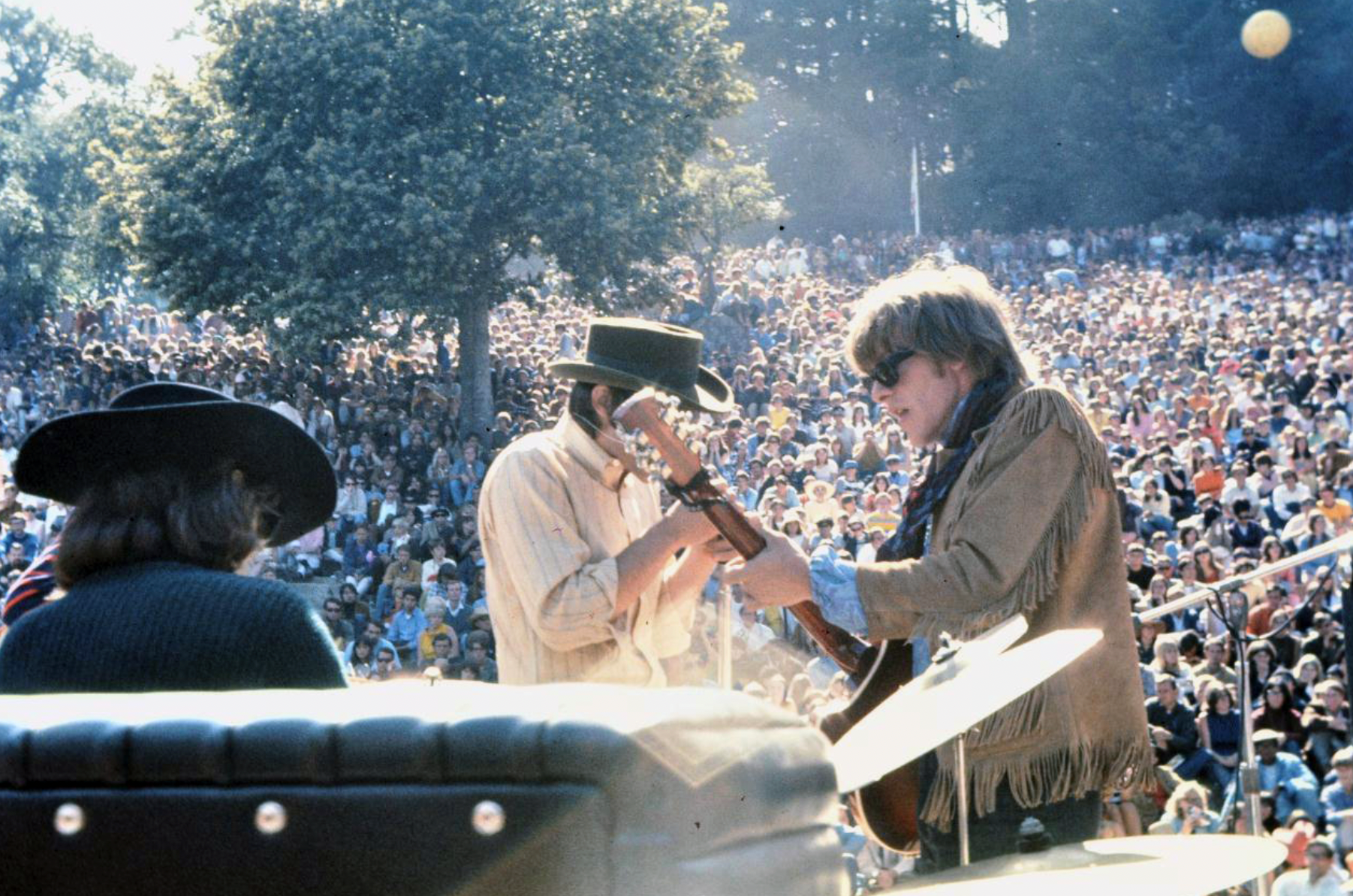
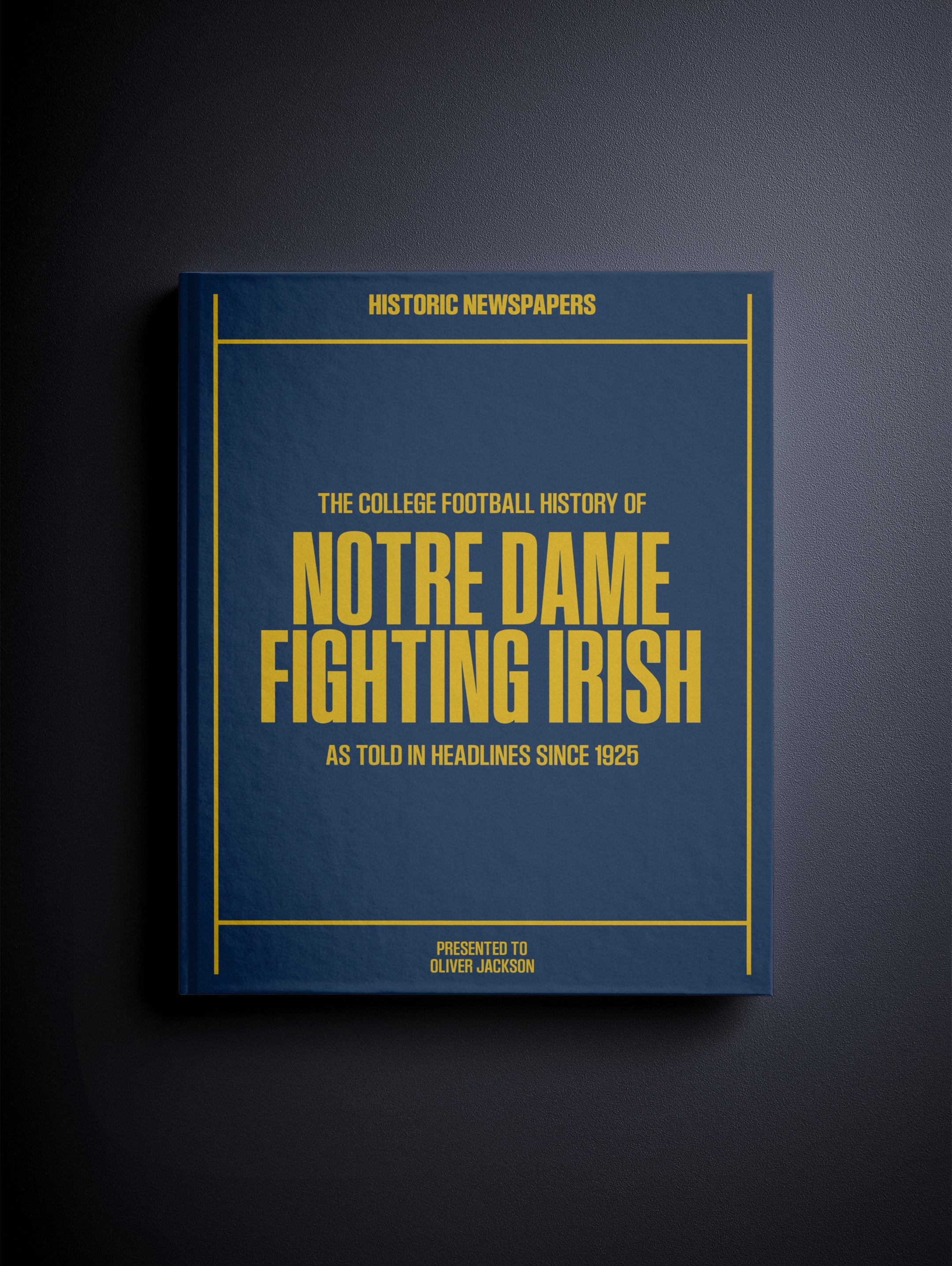
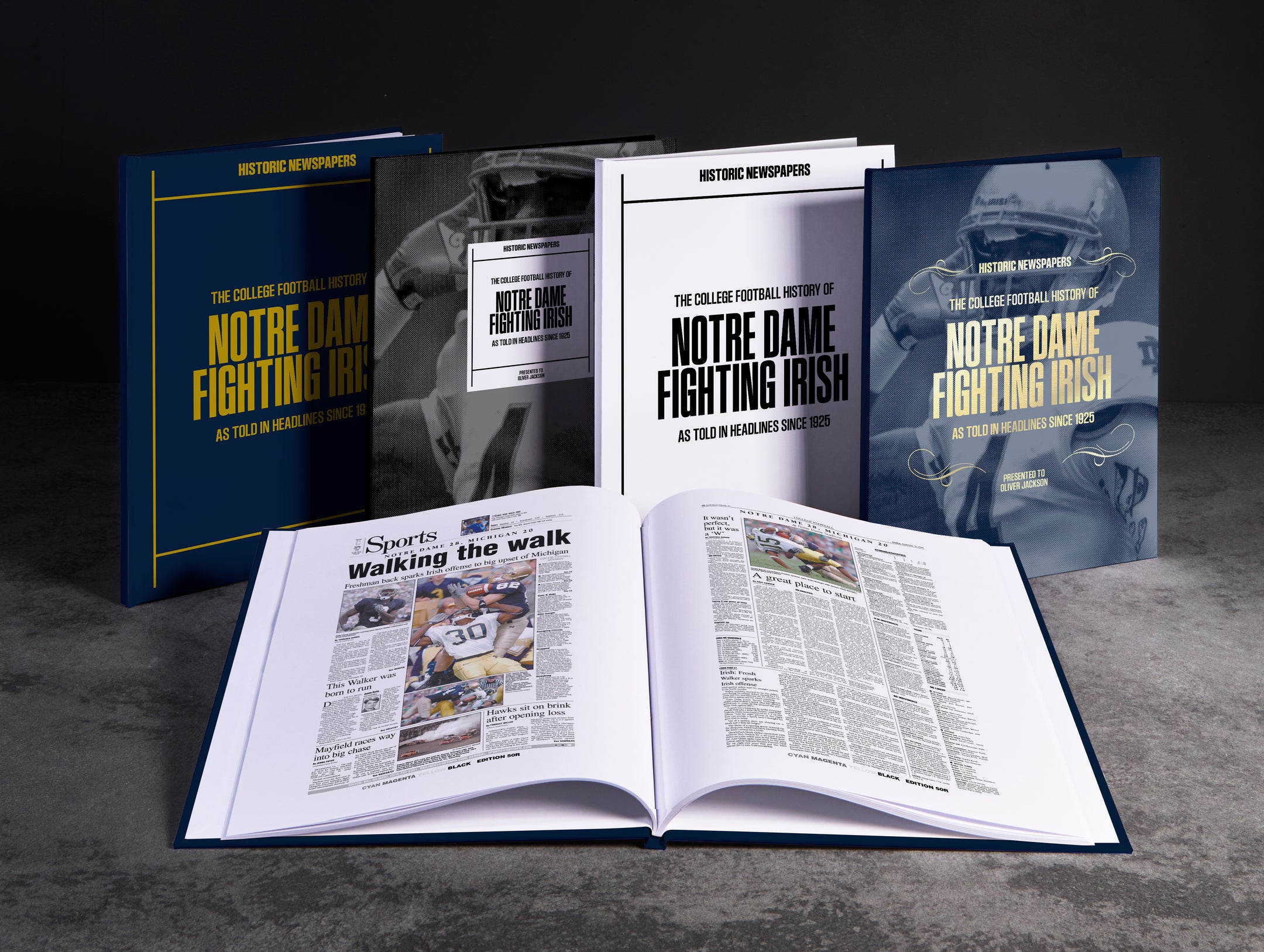
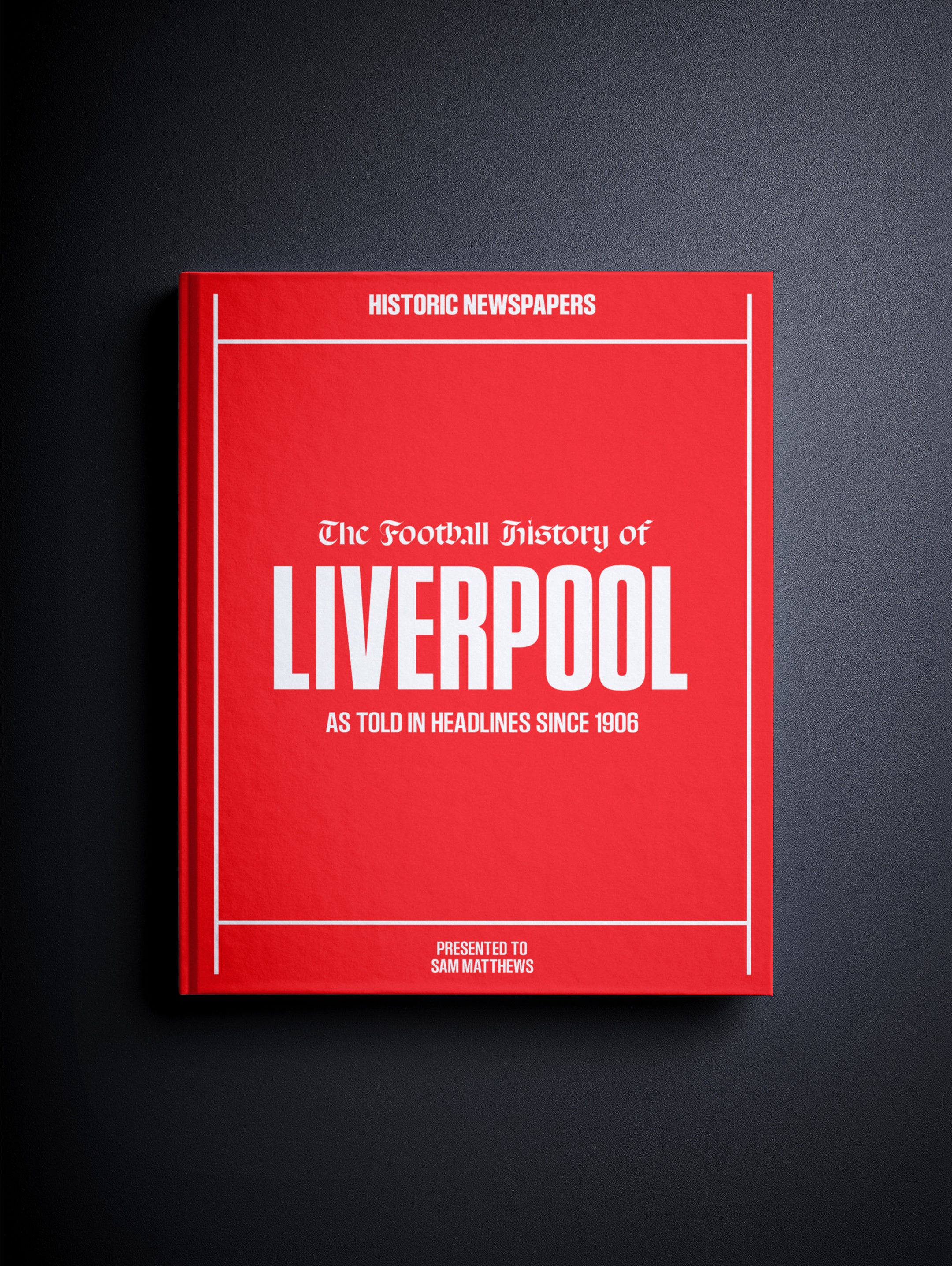




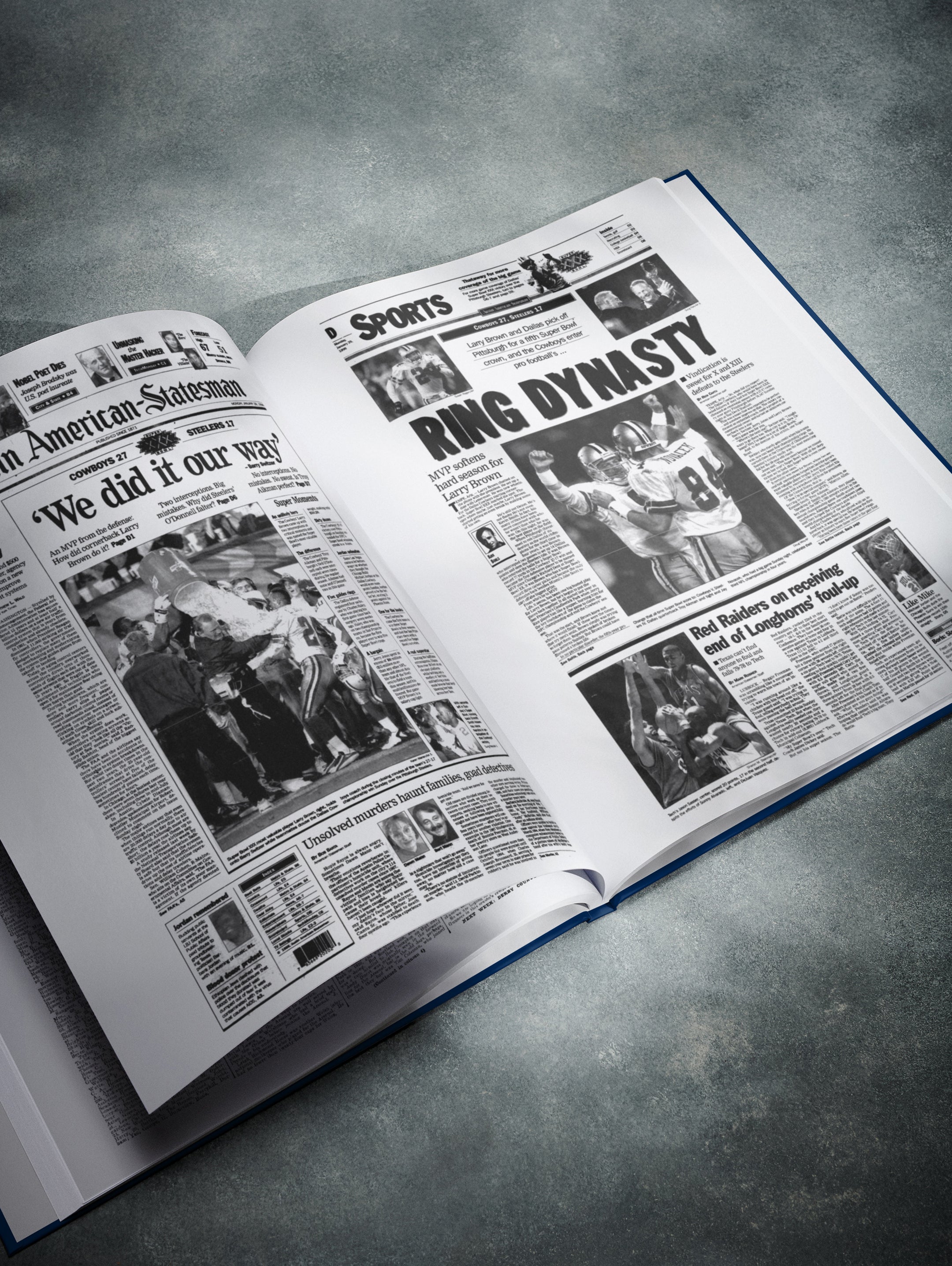
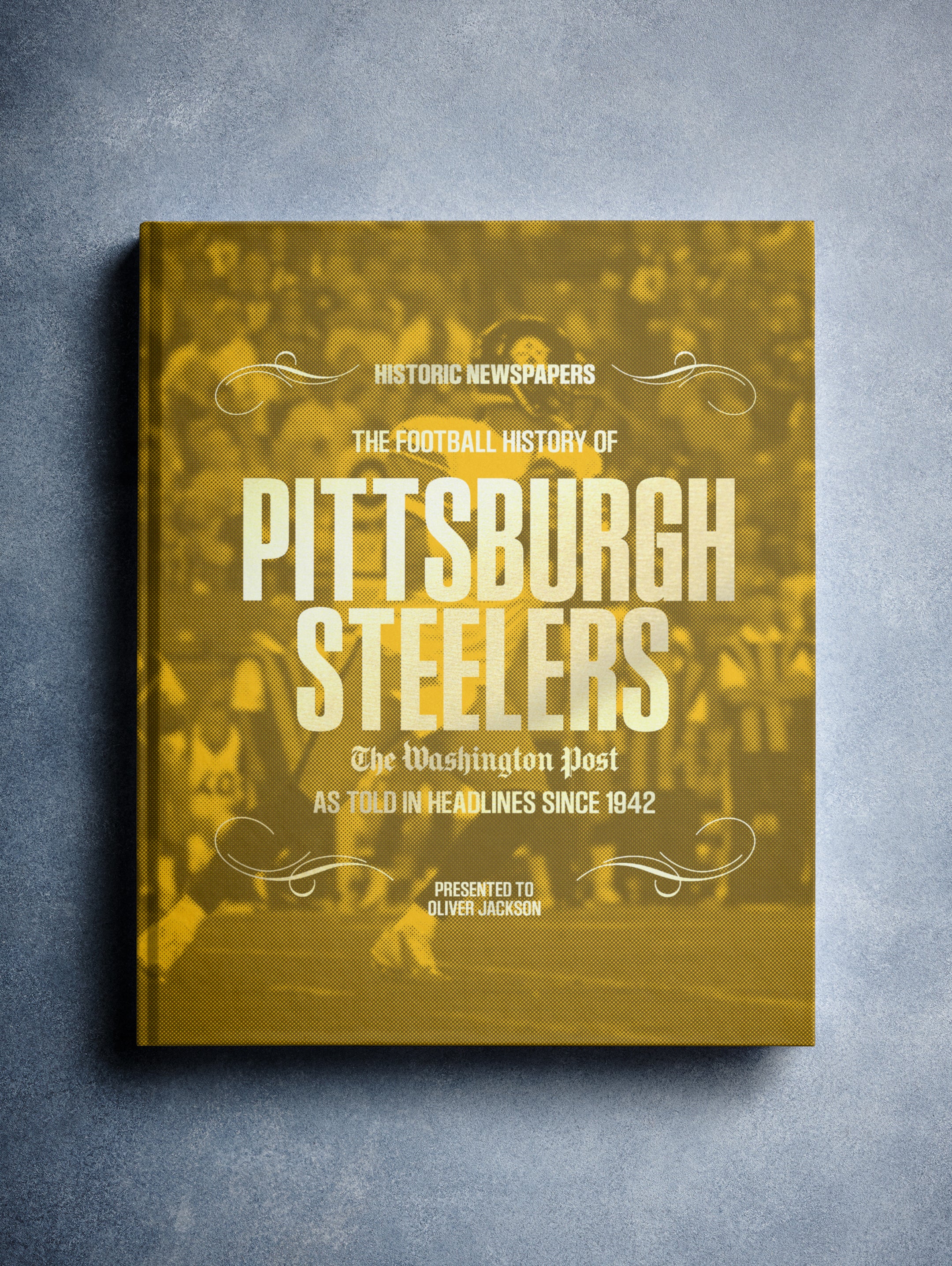

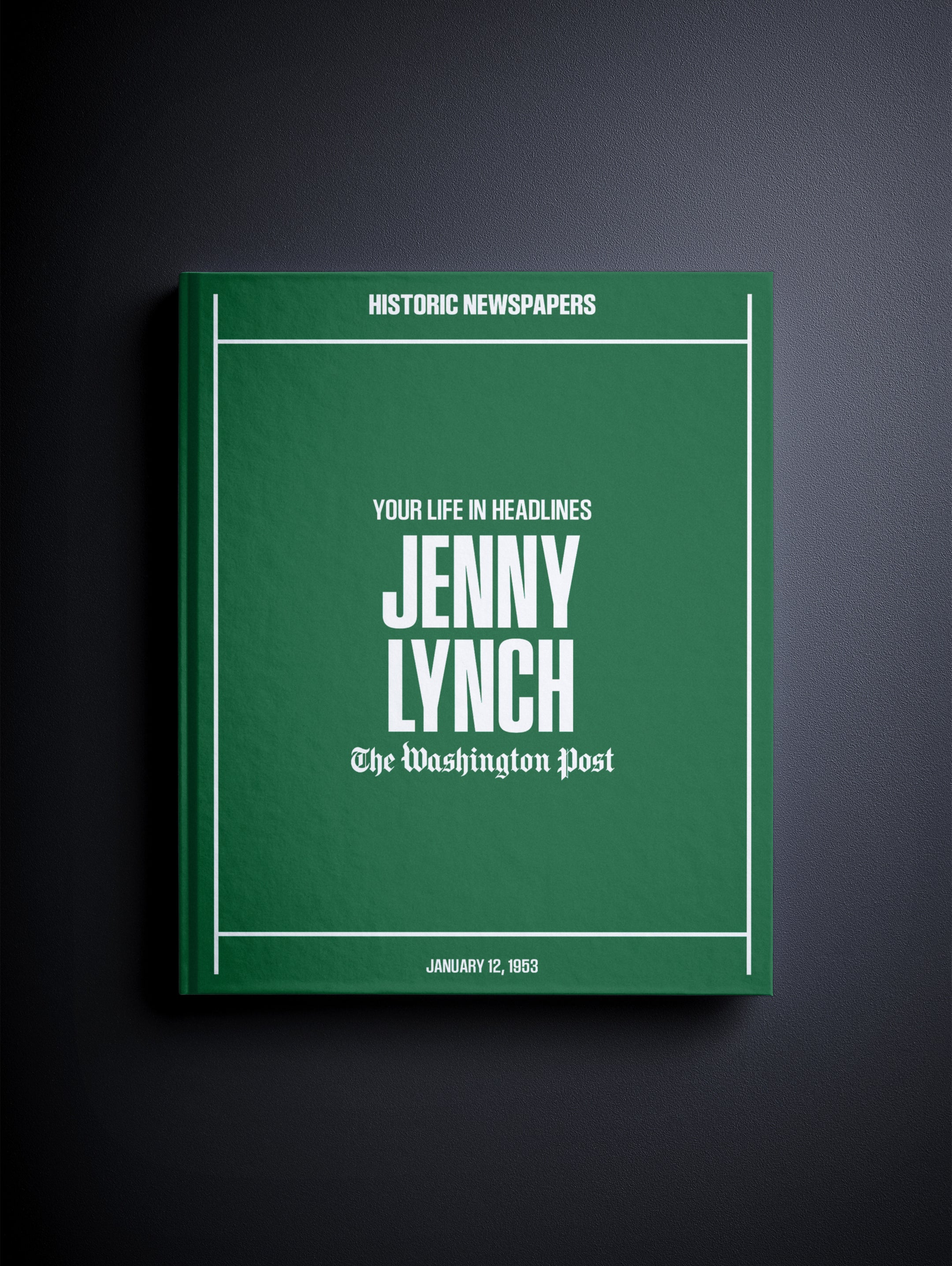



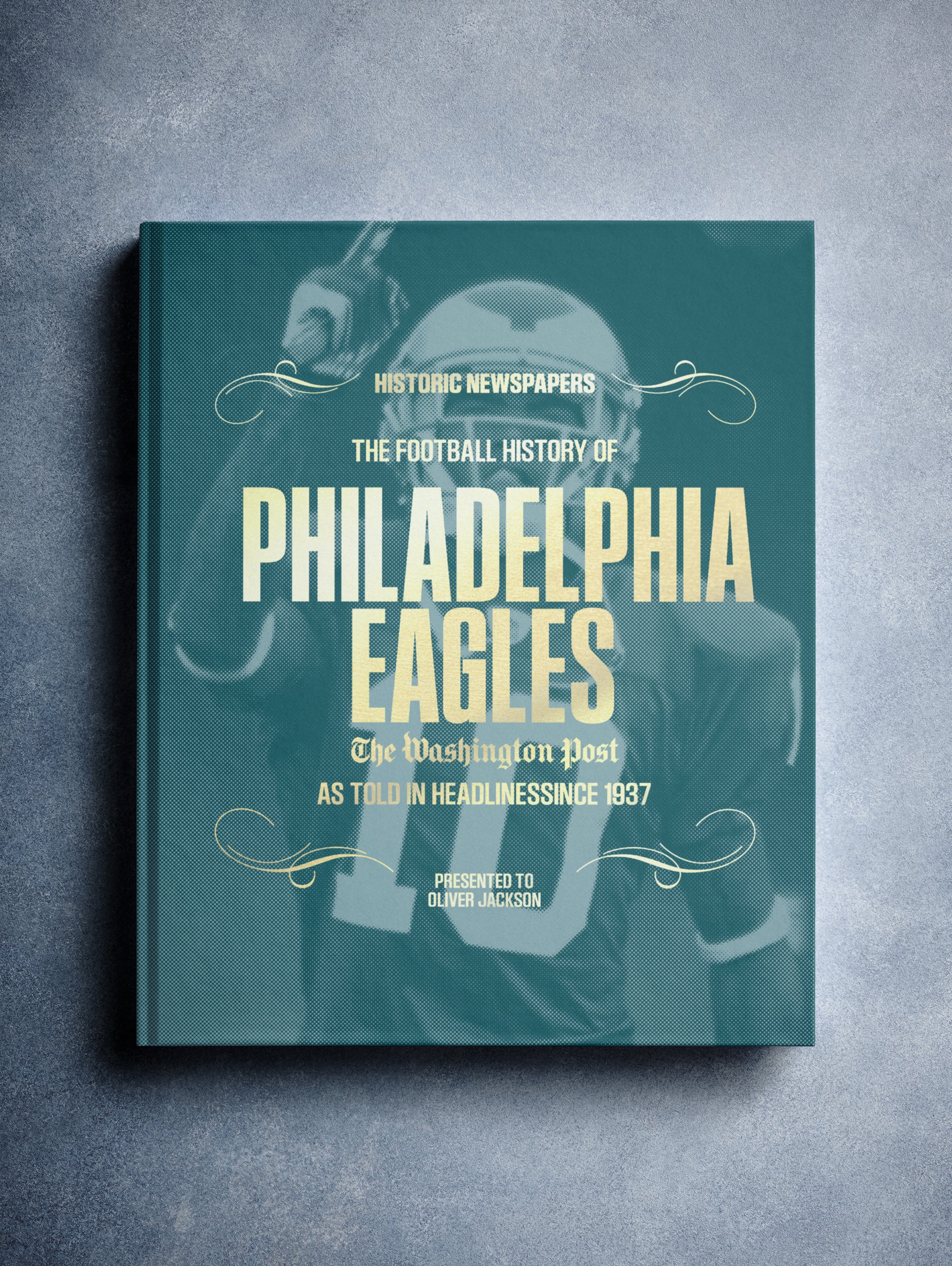

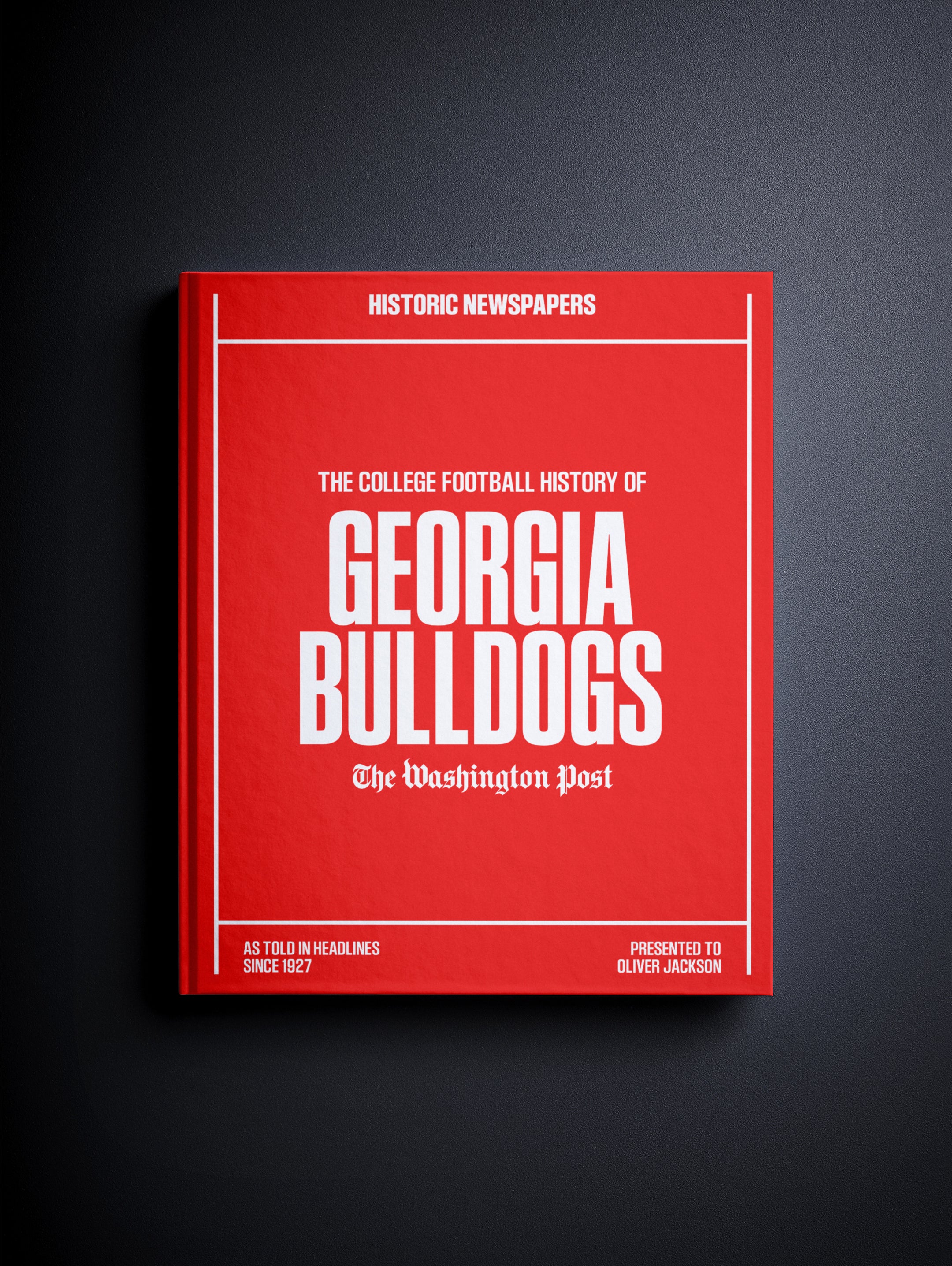

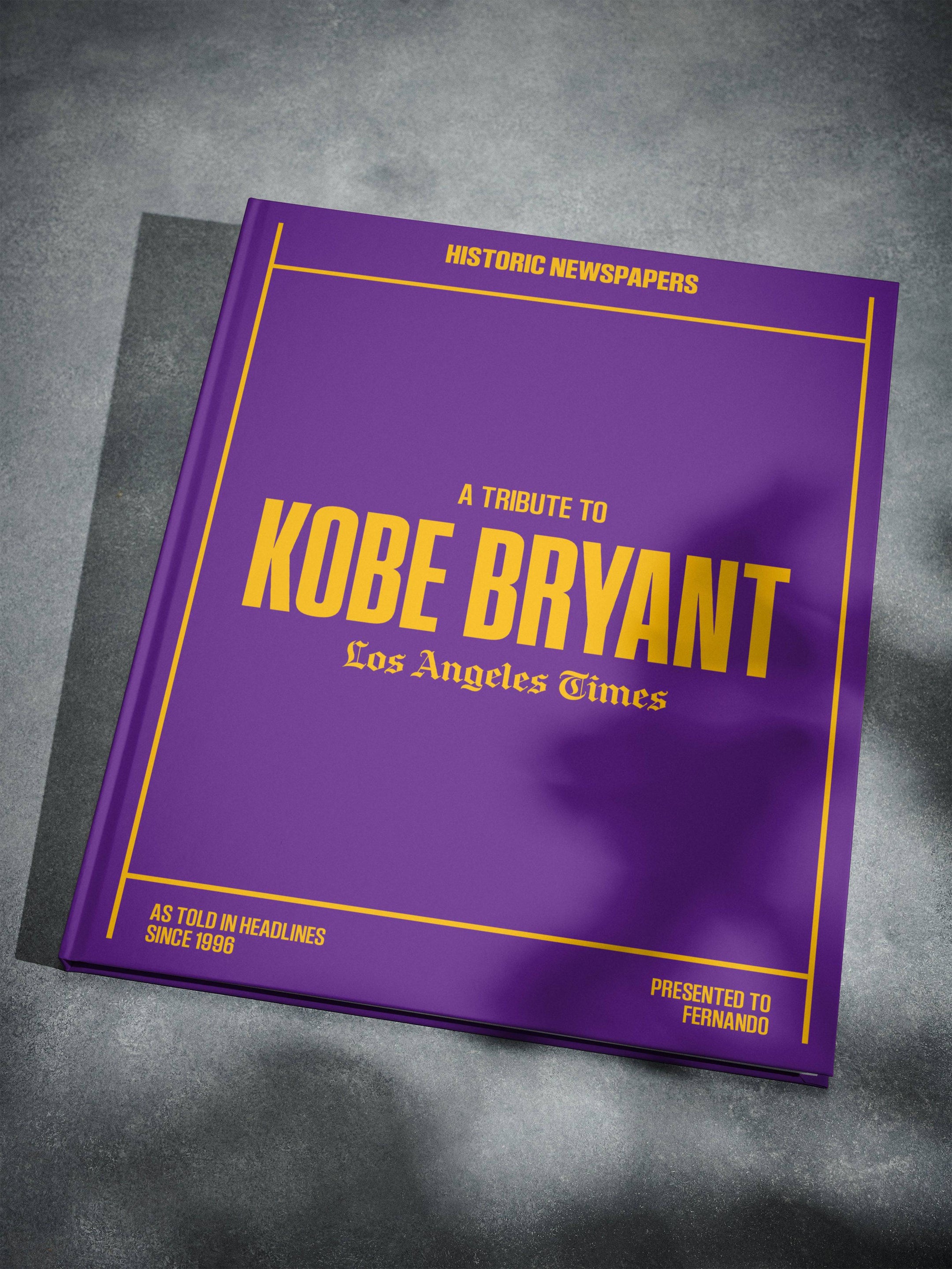


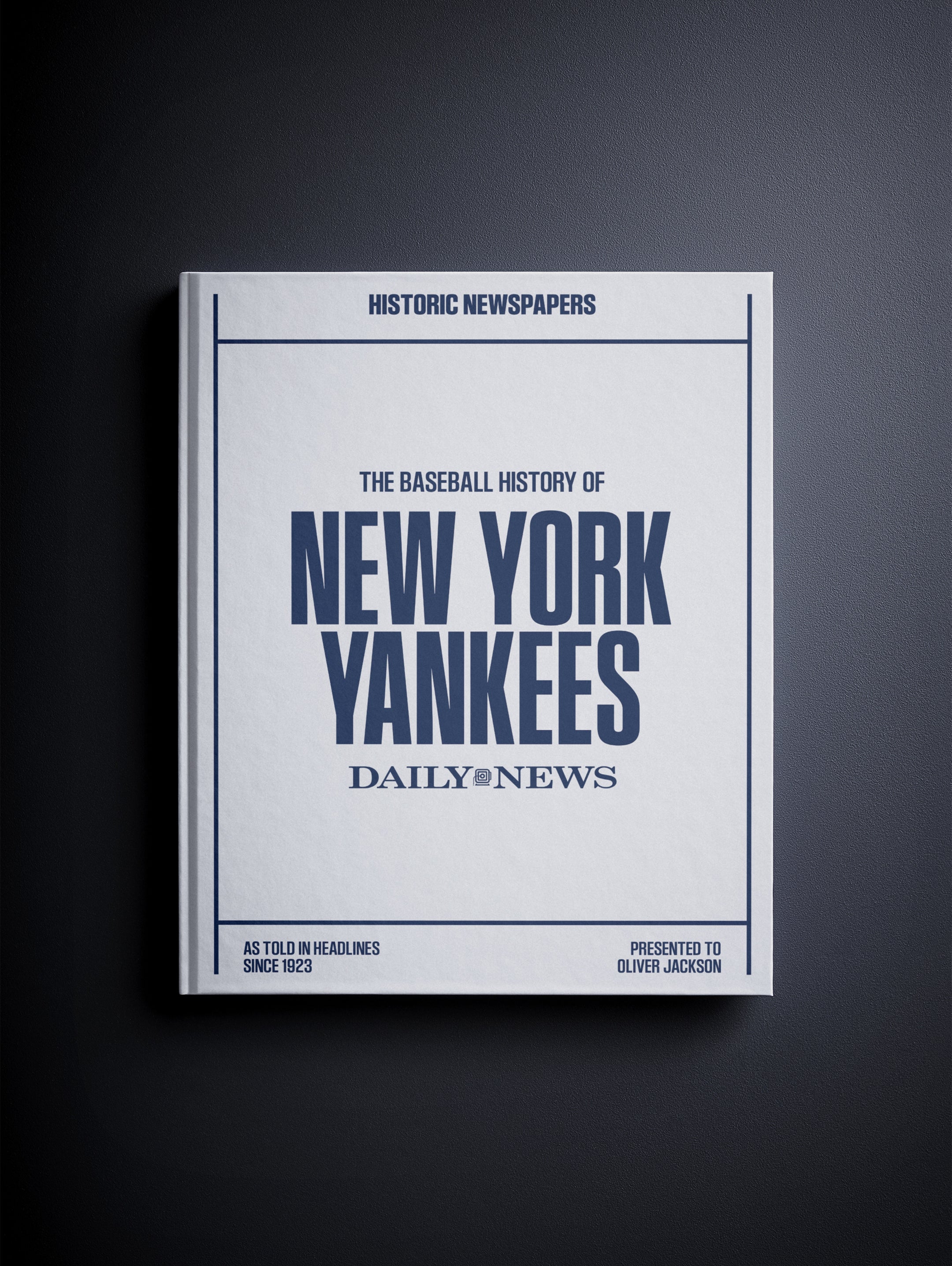
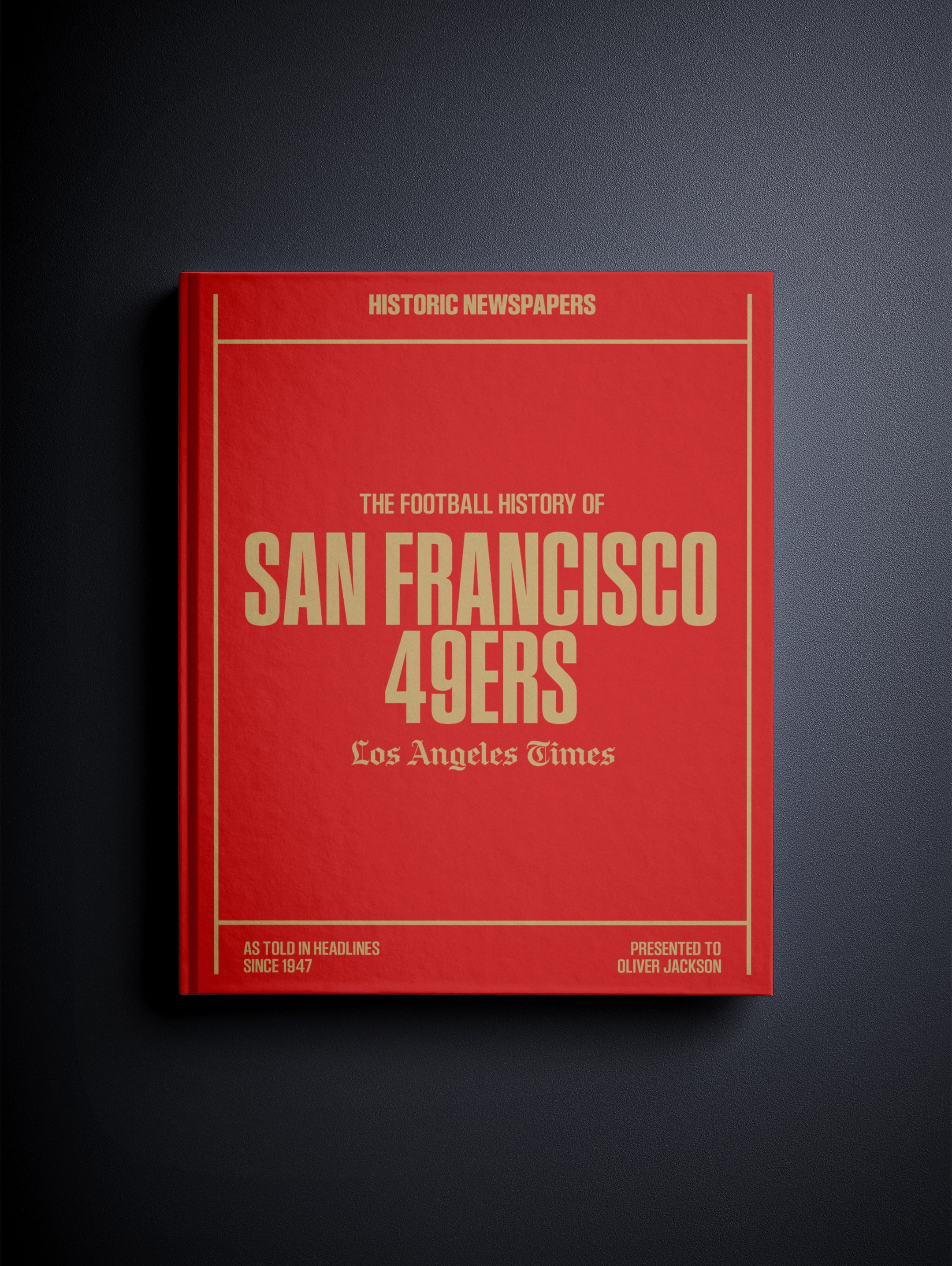
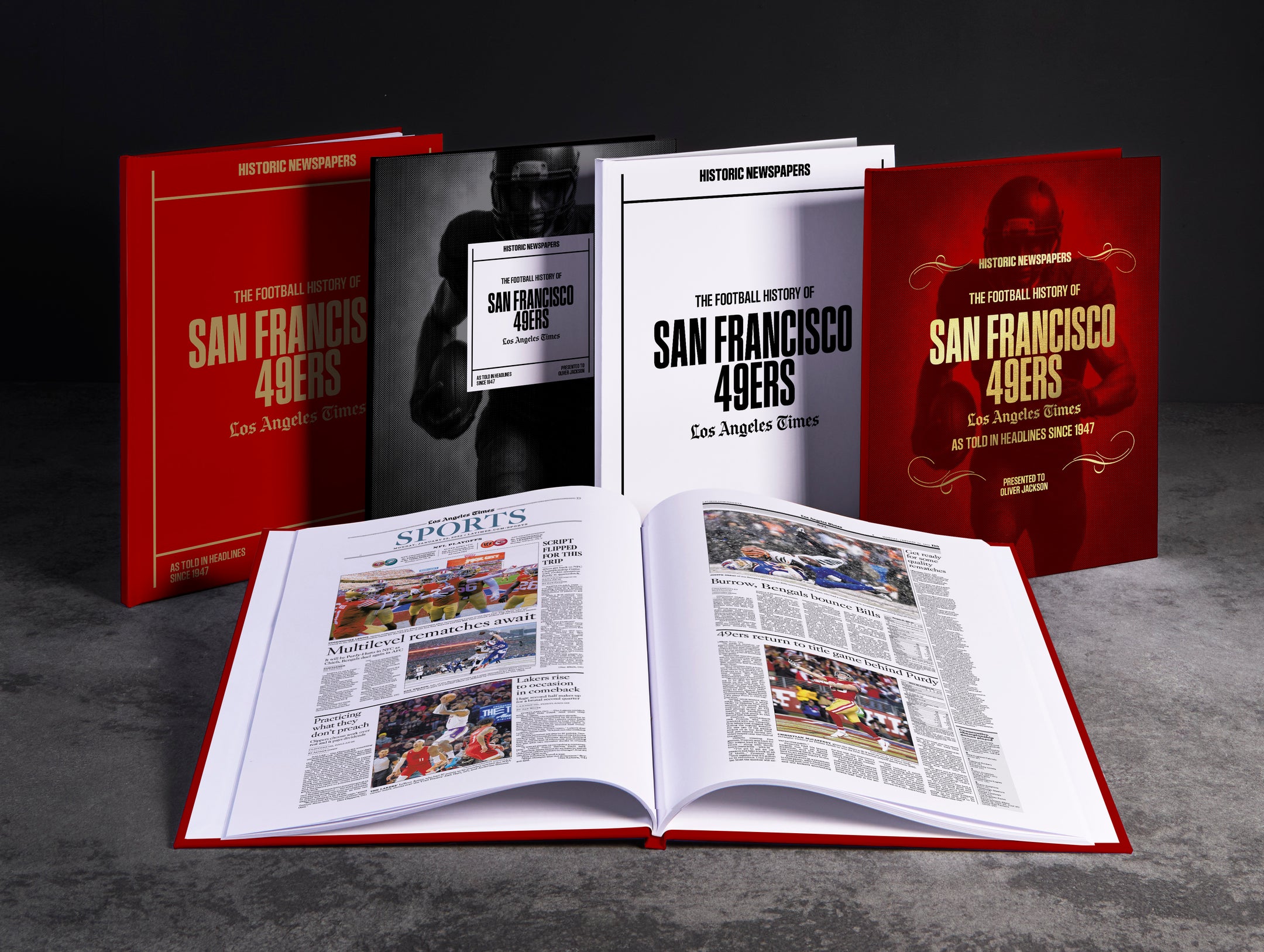
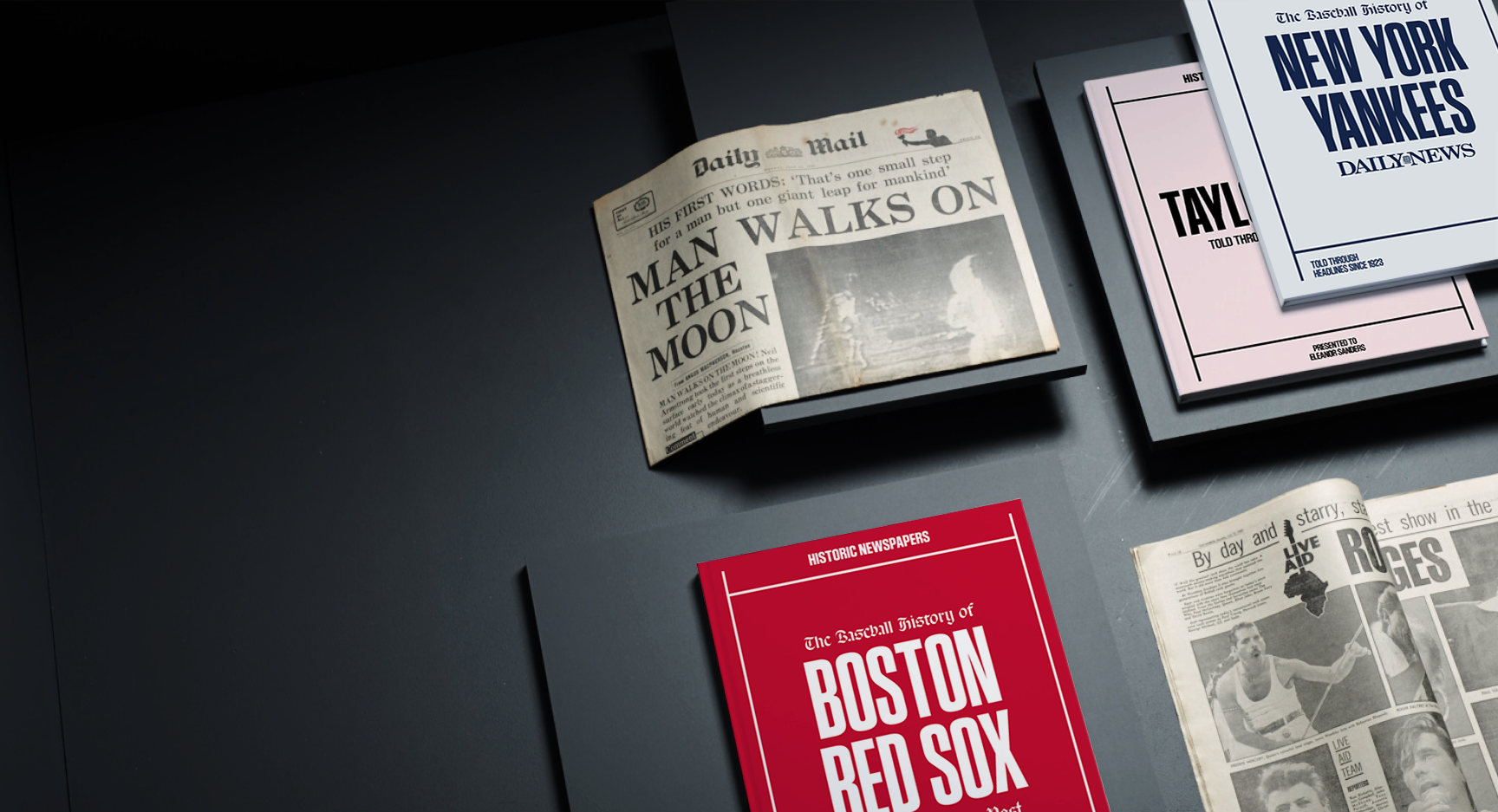
Follow us